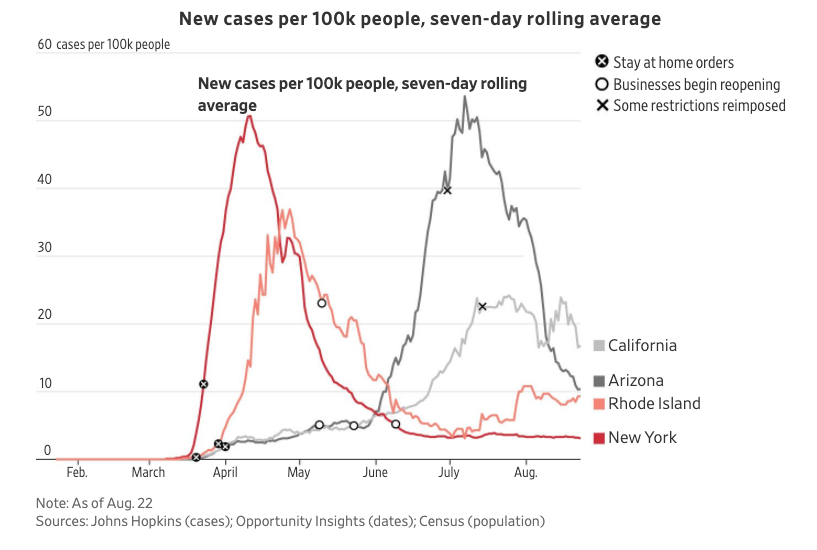
1/ China beat the U.S. in 2020 because its authoritarian, centralized system better met the challenge of Covid and economic conflict than the U.S.' pluralistic, decentralized system. Will China keep winning? A thread ... wsj.com/articles/china…
2/ In 2019 experts ranked U.S. #1 in pandemic preparedness, China #51. Covid outcomes were roughly the exact opposite. China mobilized resources and subordinated individual to collective rights in ways the U.S. could not, or would not ...
3/ On the tech front, official China & private cos redoubled efforts to develop a domestic semiconductor base while in U.S. Cisco rebuffed plea to compete with Huawei & Intel moved to outsource chipmaking ...
4/ A western "united front" on trade? Other countries are trying to take advantage of Australia's loss of exports to China. EU rebuffed Biden & signed an investment treaty with China. Biden killed Keystone, so Canada may have to sell more oil to China ...
5/ CCP strengthened its grip in 2020 while post Jan. 6, American democracy looks more fragile than ever. Will China ultimately win this competition? 2 reasons not to count U.S. out ...
6/ Diversity & private dynamism that make U.S. hard to govern also give it huge economic edge. Pfizer, Moderna, Zoom, DoorDash, Nvidia all shone as innovative leaders in 2020. All have foreign-born CEOs ...
7/ Chinese history full of warnings of concentrating too much power in one individual/the state. If crackdown on Alibaba means state is becoming less tolerant of enterpreneurial spirit, risks to China's growth model will multiply. The U.S.-China competition is just starting./end
• • •
Missing some Tweet in this thread? You can try to
force a refresh








